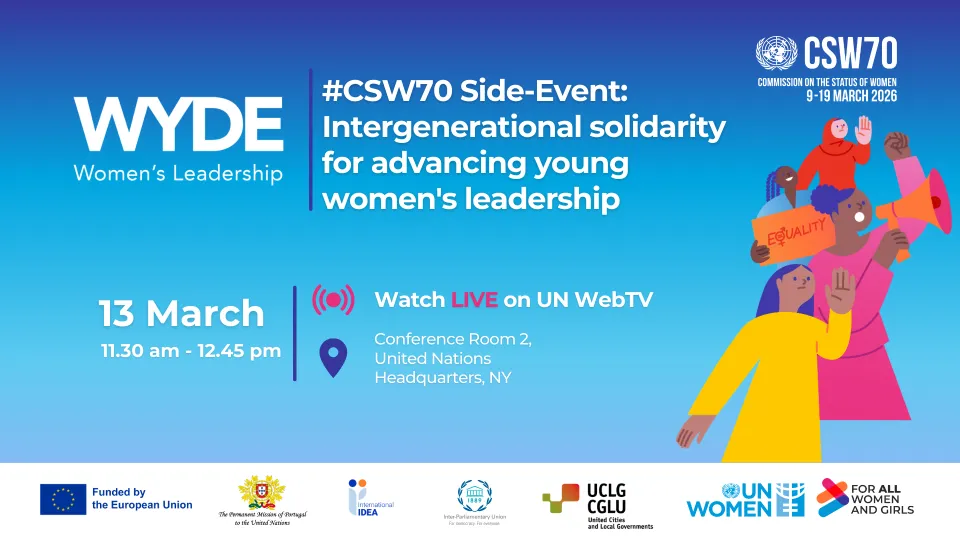Working towards Covid-resilience: Key issues in Timor-Leste's 2022 elections

"As we are still learning about Covid and its changing nature, we need to ensure that policies and practices are flexible and responsive to support resilient elections and include a variety of scenarios and contingency plans."
As Timor-Leste looks towards elections in early 2022, the country’s two electoral management bodies (EMBs)—the Technical Secretariat for Electoral Administration (STAE) and National Commission on Elections (CNE)—are examining international good practice on holding Covid-resilient elections. To support these efforts, International IDEA has developed a series of papers to provide suggestions for possible amendments to the current electoral framework, policies and procedures in the face of the global Covid-19 pandemic.
The STAE and CNE have been looking into lessons learned from previous elections and are taking recommendations from past processes into consideration as they plan for the future. Along with contextualizing these lessons for the current context, the EMBs are also looking to enhance the credibility of the coming electoral process through early planning that accounts for specific measures needed during the global Covid-19 pandemic. International IDEA is supporting these efforts through the project 'Covid-Resilient Elections in Timor-Leste' implemented in partnership with the United Nations Development Programme (UNDP), STAE and the CNE and funded by the Governments of Japan and Timor-Leste.
International IDEA’s most recent contribution to Timor-Leste’s electoral process is a focused paper outlining key issues for early consideration in light of the Covid-19 pandemic. Assessing key points of sensitivity in the electoral process, the paper examines how Covid-19 can affect areas such as the legal framework, voter and candidate registration, logistics and staffing, campaigning, polling day, out of country voting and counting and tabulation, among others. The paper further provides good international practice and contextualized suggestions for solutions to possible challenges in the Timor-Leste context.
International IDEA, along with its key experts Michael Maley, Alan Wall and Augusto Pereira, presented, on 24 August 2021, findings of the paper to representatives from the EMBs at a UNDP-hosted online meeting. The workshop served as the basis for initial discussions on mechanisms to ensure inclusive and participatory Covid-resilient elections. The forum also allowed for an open exchange on the steps taken by the EMBs to date and presented specific contextualized considerations for Timor-Leste’s electoral process based on international good practice. With these considerations in mind, Mr Maley emphasized that, "as we are still learning about Covid and its changing nature, we need to ensure that policies and practices are flexible and responsive to support resilient elections and include a variety of scenarios and contingency plans."
In order to continue supporting these discussions, a follow-up meeting will be held with electoral actors as well as other stakeholders such as the Ministry of Health, Ministry of Finance and others who are working in close partnership with the EMBs in the planning and implementation of Timor-Leste’s elections. International IDEA will continue to support STAE and CNE in their planning for the 2022 elections through technical advice on implementing updated policies and procedures and capacity building initiatives to support credible, Covid-resilient elections in the country.



